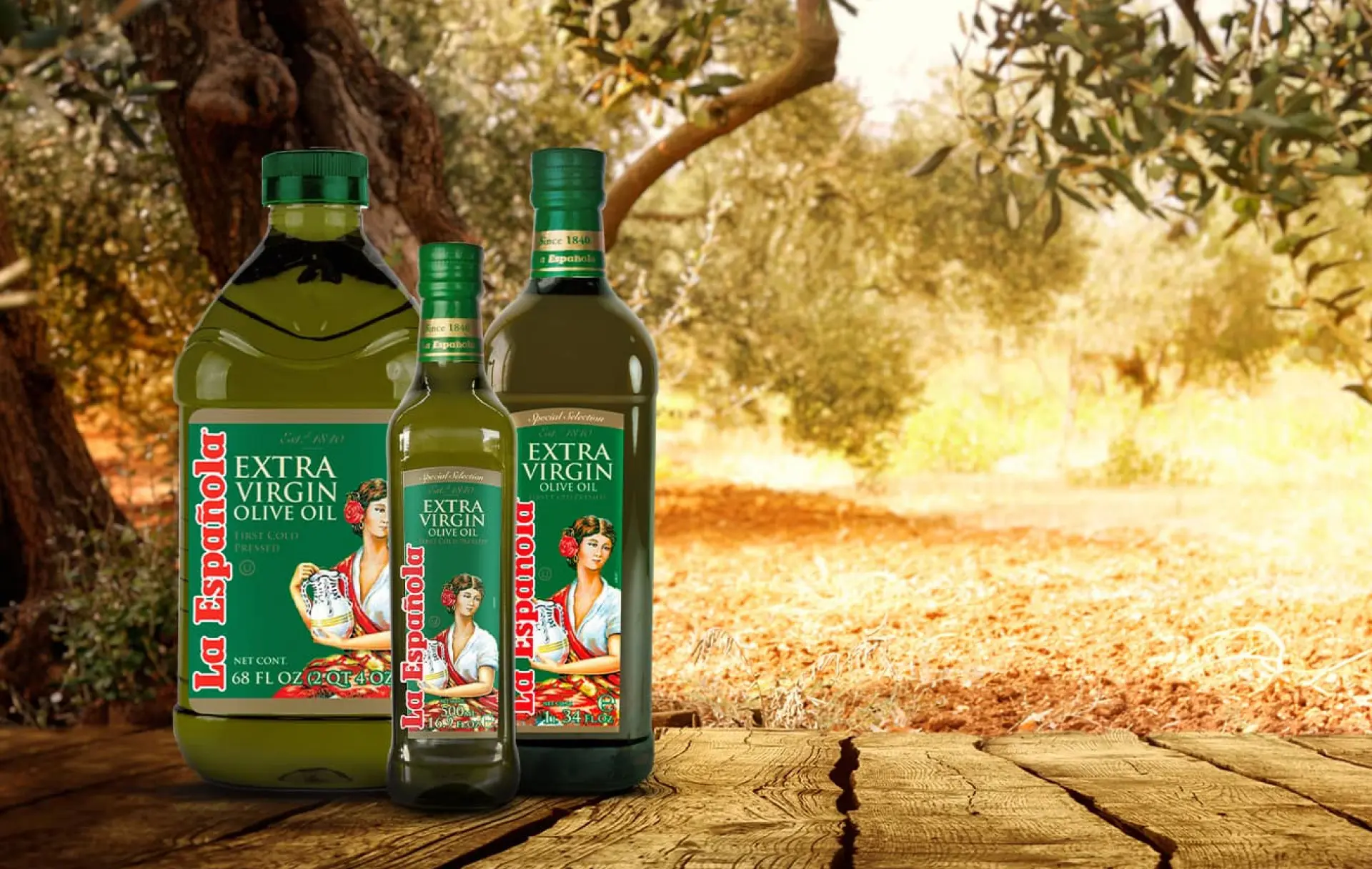Probably not. But it’s a great story, anyway! You’re probably assuming the people just named it after the goddess Athena and, for the most part, you would be right. But there is a specific reason they chose to name it for Athena, and it all comes back to our tiny green friends, the olives.
The Founding of a City
According to myth, a half-man, half-snake creature by the name of Cecrops founded a beautiful city that he named Cecropia after himself. But when the gods looked down and discovered exactly how desirable this city was, they decided they had to have it for themselves. Not one to argue with the gods, Cecrops allowed them to have it, but then they would have to decide on a different name by which to call it. Zeus decided that the name would be decided by a contest. The god that gave the best gift, decided by the citizens of the city, would decide the name.
The Two Gifts
The contest came down to two gods, Poseidon and Athena. Cecrops and the people went to a hilltop to watch the gods as they gave their gifts. Poseidon reached down and struck a rock with his trident causing a great gust of water to spring forth signifying that the God of the Sea would always provide the city with water and never allow it to go into drought. Unfortunately, the people weren’t quite impressed with this water because it was very salty just like the oceans over which he presided.
It was Athena’s turn to give her gift. She presented a simple seed and planted it into the ground. The seed then grew into a beautiful olive tree. The people were very impressed by this gift. They found they could use the wood from the tree to build houses, they could eat the olives for nourishment and they could produce olive oil from it which they used for all manner of things including food, burning for light, and cosmetics.
Because of Athena’s thoughtful gift of olives, they named the city Athens after her and built many temples dedicated to her. They worshipped her and celebrated her for centuries to come. To this day, two things remain true:
- The city is still named Athens, and
- Olives and olive oil are still used for food among many other things across the world.
That means whenever you use one of our classic, tasty olive oils, you, too, can be a part of mythic history!
